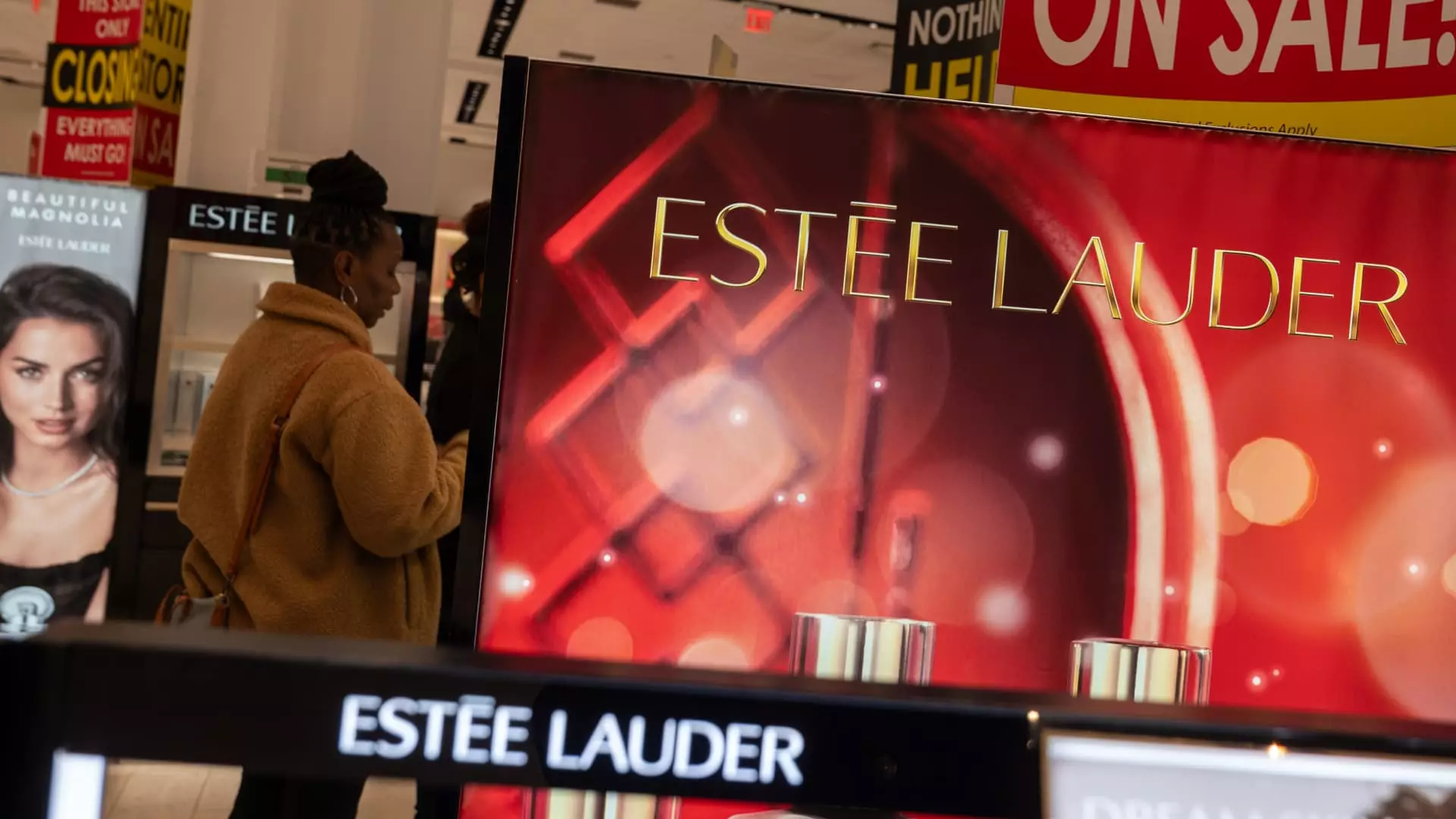This week marked a tumultuous period for the beauty industry, as notable companies such as E.l.f. Beauty and Estée Lauder encountered significant financial setbacks. The week was particularly devastating for E.l.f., which saw its stock decline by an alarming 29%, representing the worst performance since August 2018. This drop followed a report detailing mixed earnings for their fiscal third quarter. Despite outperforming revenue expectations, E.l.f. missed the mark on adjusted earnings per share and revised its full-year sales guidance downward, indicating a grim outlook. The company forecasted revenues between $1.3 billion and $1.31 billion, a reduction from an earlier expectation of $1.32 billion to $1.34 billion.
Market Pressures and Consumer Behavior
CEO Tarang Amin, during a discussion with CNBC, pointed to a broader 5% decline in the cosmetics sector, attributing this downturn to two main factors: the lingering effects of holiday discounting and a waning interest in beauty products in the online marketplace. This sentiment was echoed by financial analysts from firms such as Morgan Stanley and UBS, who subsequently downgraded E.l.f. stocks, demonstrating how market confidence can shift rapidly in response to a company’s performance.
Estée Lauder, another giant in the beauty field, also faced its own set of challenges. Shares plummeted by 22% over the week, its most severe decline since November. The company announced plans to reduce its workforce by up to 7,000 jobs by the end of fiscal 2026, highlighting a sharp decline in travel retail demand in Asia, which is crucial for their third-quarter net sales. Even after reporting better-than-expected revenue and earnings figures, the overarching message from CEO Stéphane de La Faverie reflected a sentiment of lost opportunity and agility in navigating a rapidly changing market.
Ulta Beauty and Coty, two other prominent players in the beauty sector, also faced declines in stock value, with drops of 9% and nearly 8%, respectively. This marked Ulta’s poorest week since April and Coty’s worst week since October. Notably, E.l.f. pointed out instances of “softness” in sales at Ulta during their earnings call, which reinforces the notion that the challenges facing one company can have ripple effects across the entire industry.
The beauty sector is not only grappling with internal financial challenges but also external pressures. Recent tariffs imposed by China on select U.S. imports pose a significant threat to profitability. Given that E.l.f. produces approximately 80% of its products in China, the tariffs represent a pressing concern. While Amin expressed relief that tariffs were set at 10% instead of the feared 60%, this situation highlights the vulnerabilities faced by beauty brands reliant on international manufacturing.
The beauty industry, facing downturns amplified by rapidly changing consumer interests and geopolitical tensions, must adapt to navigate these troubled waters. As companies grapple with their financial futures, the need for innovative strategies and proactive market engagement becomes increasingly critical. The current landscape serves as a stark reminder of how swiftly fortunes can shift in the beauty sector, compelling brands to reevaluate their positions in a dynamic and often volatile market.

